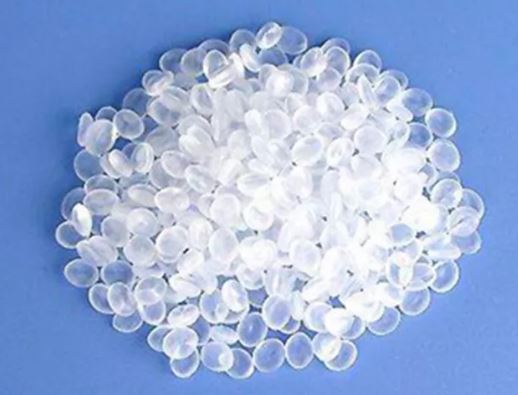Tel: 0129-4001010 Phone: +91 730 321 5033
Email: cs@absoluteveritas.com
BIS CERTIFICATION FOR ETHYLENE VINYL ACETATE COPOLYMERS IS 13601:1993
In today's competitive landscape, maintaining market presence without a certified, high-quality product can be challenging. Obtaining a BIS license may also be essential for selling products in the Indian market. To achieve BIS certification and ensure product quality, manufacturers must adhere to the specified Indian standards.
Let's delve deeper into at IS 13601:1993 for ethylene vinyl acetate (EVA) copolymers.
IS 13601:1993 encompasses Ethylene Vinyl Acetate (EVA) copolymers. This standard delineates the criteria, sampling procedures, and testing methodologies for EVA copolymers utilized in the production of plastic items intended for contact with food, pharmaceuticals, and potable water. However, beyond toxicological aspects, this standard does not aim to ascertain the suitability of packaging materials for specific commodities, medications, or drinking water.
An essential resin produced through the co-polymerization of ethylene and vinyl acetate, EVA copolymers must conform to Annex B methods outlined in the standard. The vinyl acetate (VA) content in EVA copolymers, when assessed per Annex B, should range between 3% and 50%. Additionally, the substance must meet stipulated criteria for manufacturing wastes, polymerization components, and other specifications as detailed in 13449:1992.
Plastic materials designated for food contact should be stored separately in sealed containers with clear labels, overseen by an authorized individual responsible for issuing them to production areas and maintaining detailed records. Maintaining high hygiene standards is crucial at all times, with plant operators and storage personnel instructed in proper hygiene practices. Additionally, individual test samples will undergo rigorous testing to ensure compliance with all requirements.
The material should be packaged in paper or plastic bags with suitable liners, as mutually agreed upon by the buyer and seller, to mitigate contamination risks during storage.
MARK
Every package should be labeled with the following information:
-
Source of manufacture, and trade-mark, if any
-
Name and type of material
-
Month and year of manufacture
-
Net mass of the material
-
Lot and batch number
The package may also bear the Standard Mark (ISI Mark). Manufacturers are required to acquire a BIS license from the Bureau of Indian Standards to use the standard mark (ISI Mark). This license is granted upon a successful evaluation of manufacturing infrastructure, quality control and testing capabilities, and production processes.
PROCESS FOR BIS ISI MARK CERTIFICATION

BIS CERTIFICATION PROCESS
Acquiring a BIS license requires a comprehensive review of manufacturing infrastructure, quality control abilities, testing resources, and production procedures. This thorough assessment guarantees that products not only adhere to regulations but also prioritize consumer safety and reliability.
NOTE:
For comprehensive guidance on the BIS ISI Certification process, please explore:
WHY USE ABSOLUTE VERITAS?
Absolute Veritas is a prominent organisation from the private sector of India primarily dealing with the Inspection, Testing, Audits, Certification of products& consulting services to various industries in India and worldwide, ensuring compliance with regulatory standards and industry requirements. Offering a comprehensive range of services including product certification, testing, training, auditing, and compliance services, Absolute Veritas helps manufacturers and importers achieve higher production efficiency and quality standards.
Absolute Veritas (AV) will handle end to end pre-registration request, sample preparation, documentation, testing and application process for FMCS Certification
For any questions regarding the most recent update on FMCS registration licenses, please reach out to us via email at cs@absoluteveritas.com








 ❮
❮
